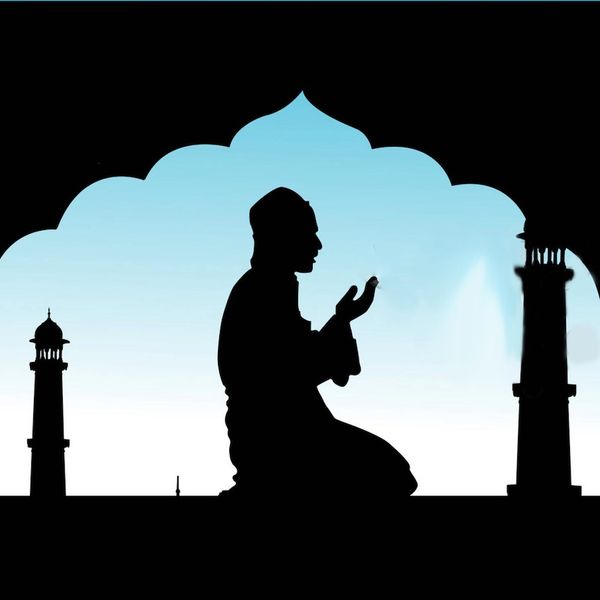On July 6, both Sunni and Shi’a Muslims all around the world celebrated Eid al-Fitr or “The Feast of Breaking the Fast,” (not to be confused with Eid al-Adha, a different Muslim holiday), which commemorates the end of a month-long period of fasting for Muslims known as Ramadan. You may have heard about or seen Muslims congratulating one another by using the common greeting “Eid Mubarak” (Blessed Eid) or “Eid Sa’id” (Happy Eid), but what is Eid all about and why does it matter?
Eid signifies the end of Ramadan, during which faithful Muslims do not eat after sunrise until the sun has set. Fasting includes refraining from the consumption of foods, drinks, smoking, and sexual activities, and is a sign of self-control and dedication to Allah, the name Muslims use to refer to God. Eid has its origins in the Islamic prophet, Muhammad, and is an occasion for devoting oneself to thanking Allah and also using one’s energy and resources to provide assistance to those less fortunate by giving an obligatory donation or completing an act of charity. Due to Islam’s lunar calendar, the date of Eid al-Fitr changes each year. Expatriate Muslims may follow the dates of Eid that their home country has predetermined, so there may be a slight variance in time of celebrations.
The Eid holiday is celebrated differently in different parts of the world, but typically consists of celebrations anywhere from one to three days long. Of course, like most holidays, there is always time devoted to enjoying a meal with family, friends, and community members. It brings together communities with special salaats (prayers) and activities meant to solidify the bond between followers of Islam, such as forgiving others for any wrongdoings. Muslim countries or those with a Muslim majority normally close schools, restaurants, and other businesses and give workers the day off as a religious holiday. Muslims typically adorn themselves in new clothing, and people exchange unique gifts as an expression of inner joy.
Eid al-Fitr is an important celebration for both Muslims and non-Muslims alike. Understanding the traditions of a religion that is not your own will help increase awareness, tolerance, and knowledge. The rich culture and traditions surrounding Eid demonstrate to the world the dedication and compassion of the Islamic faith. You may find some of their traditions align with your own and, after all, it is only right to know and understand what and why someone else is celebrating. Understanding what Eid means to Muslims is an act of respect and tolerance that signifies the beginning of a more peaceful, accepting tomorrow for all citizens of the world.





















